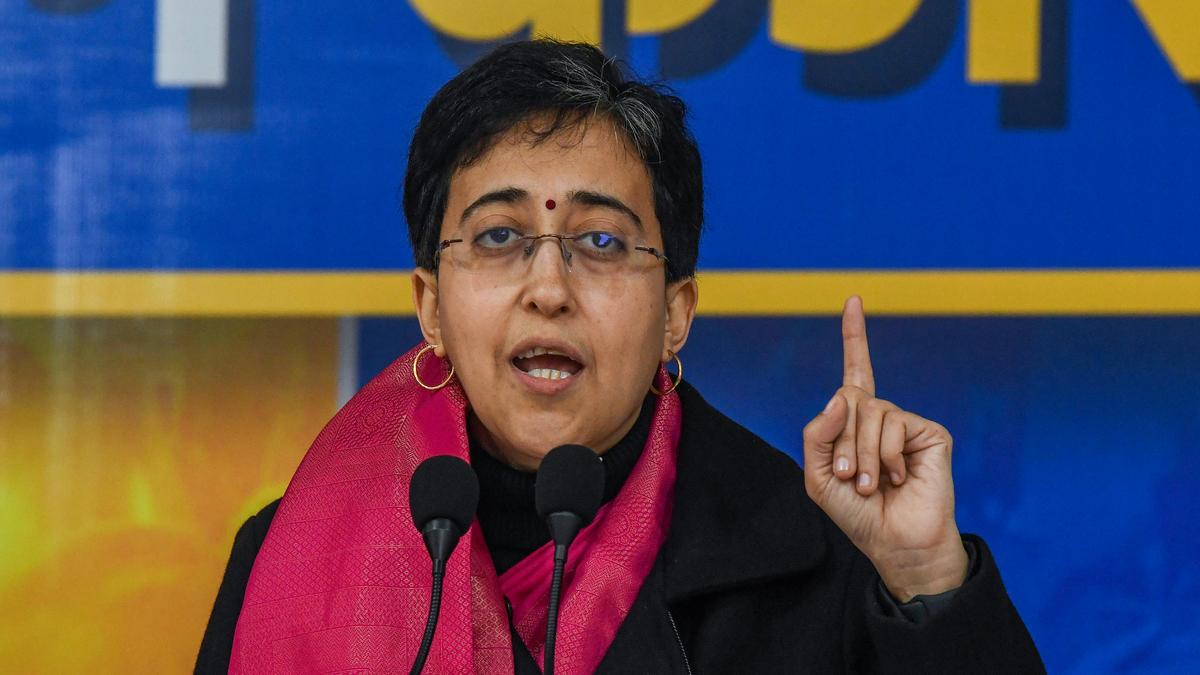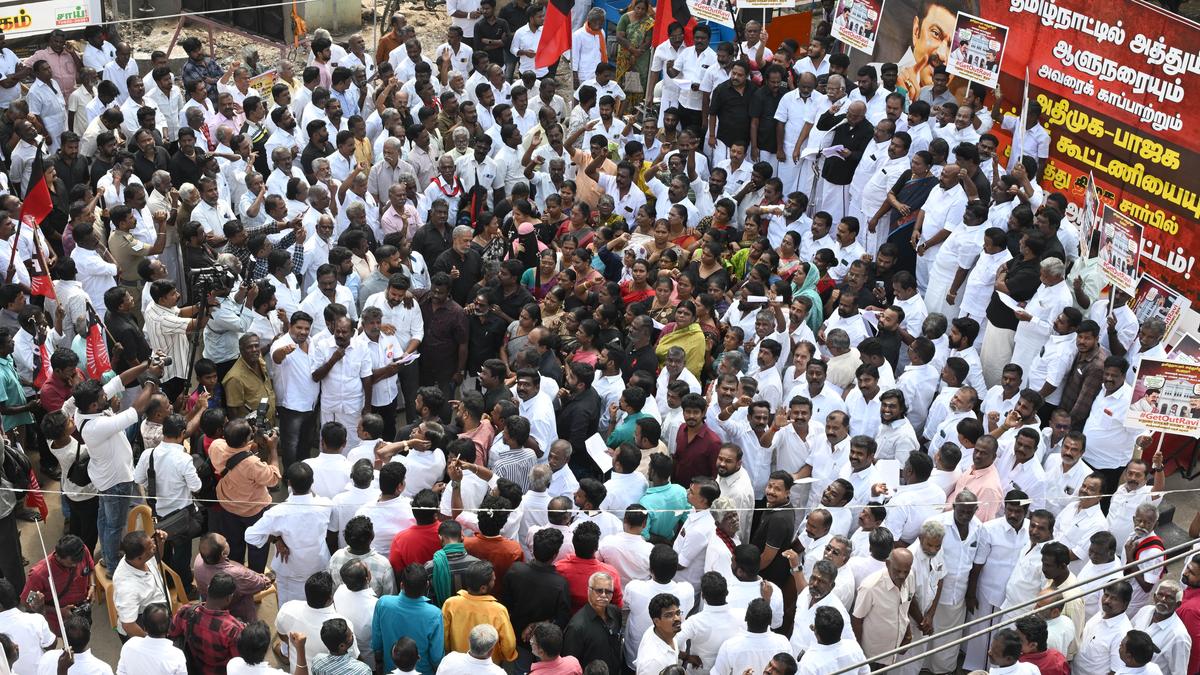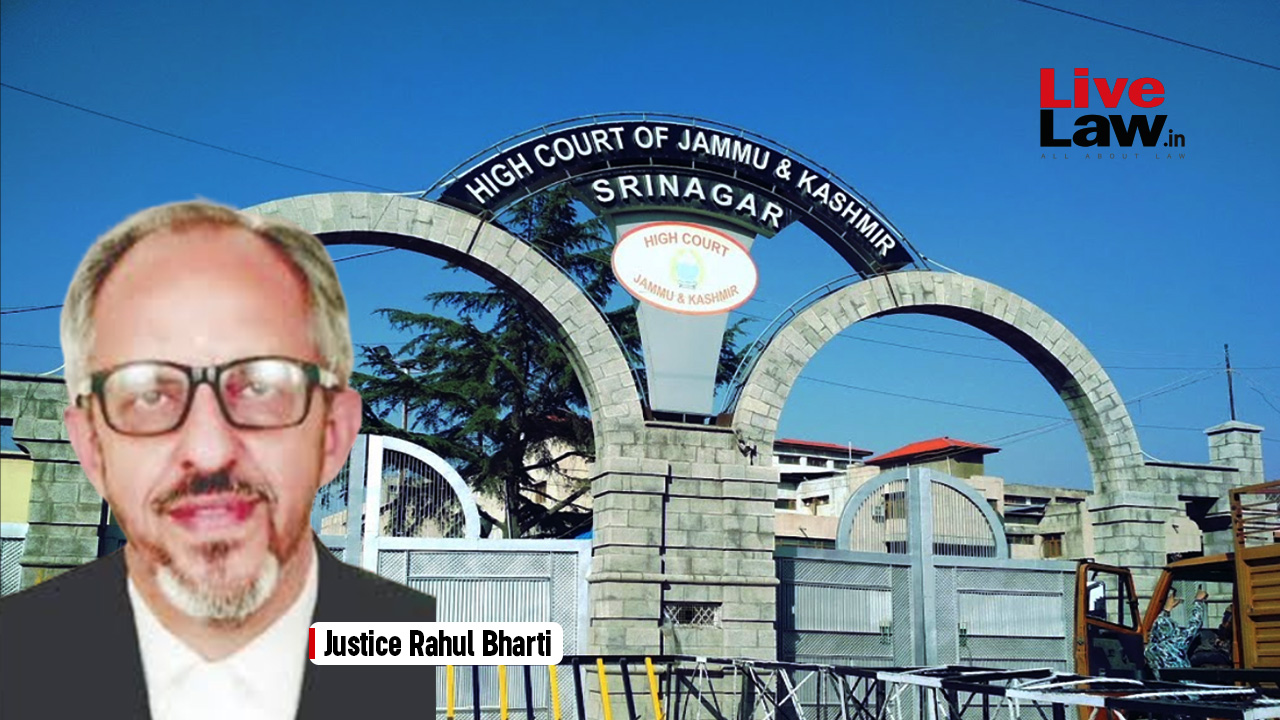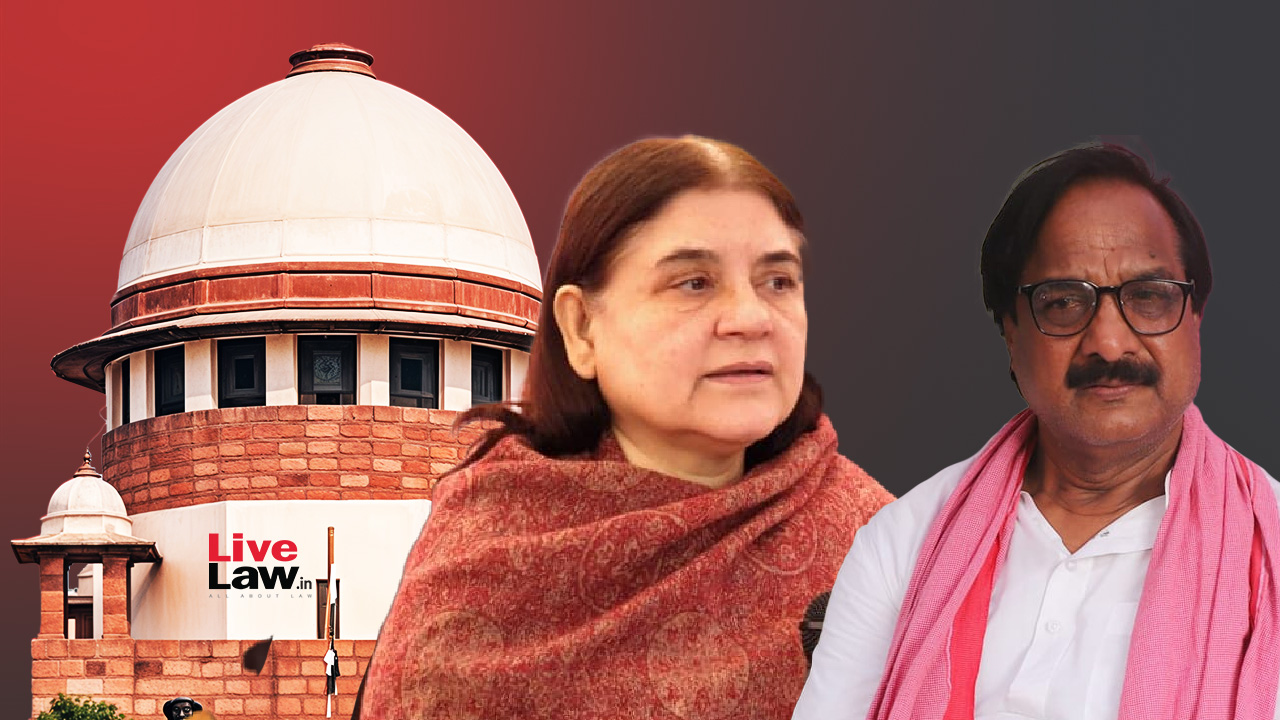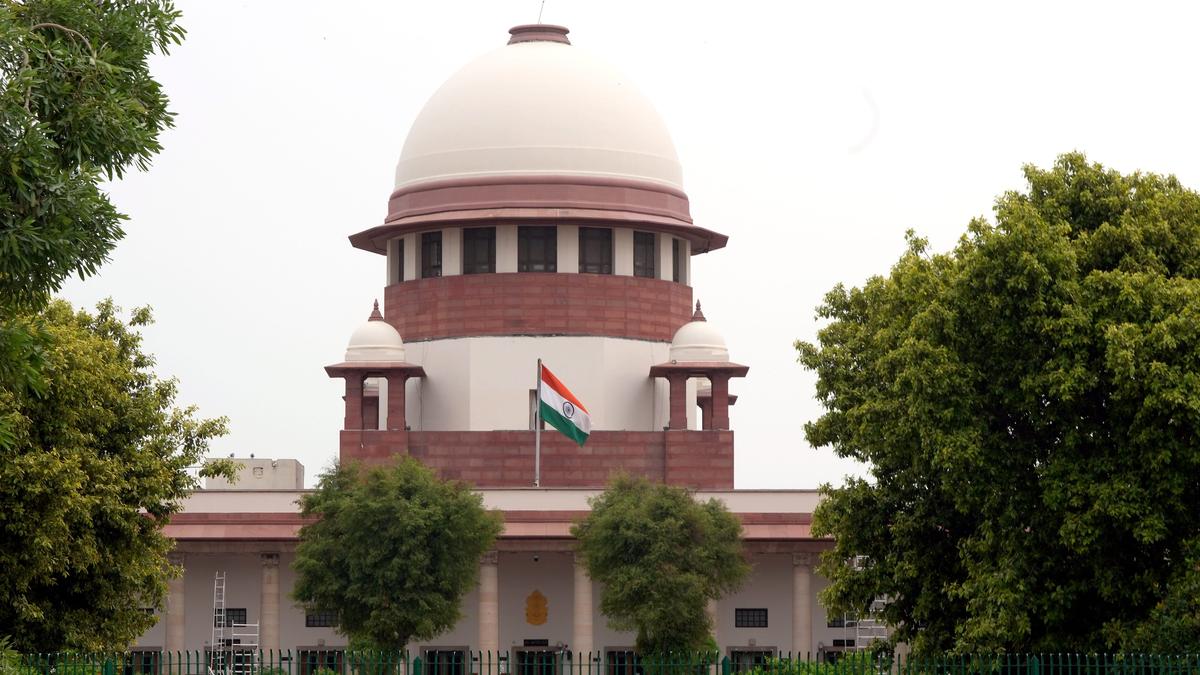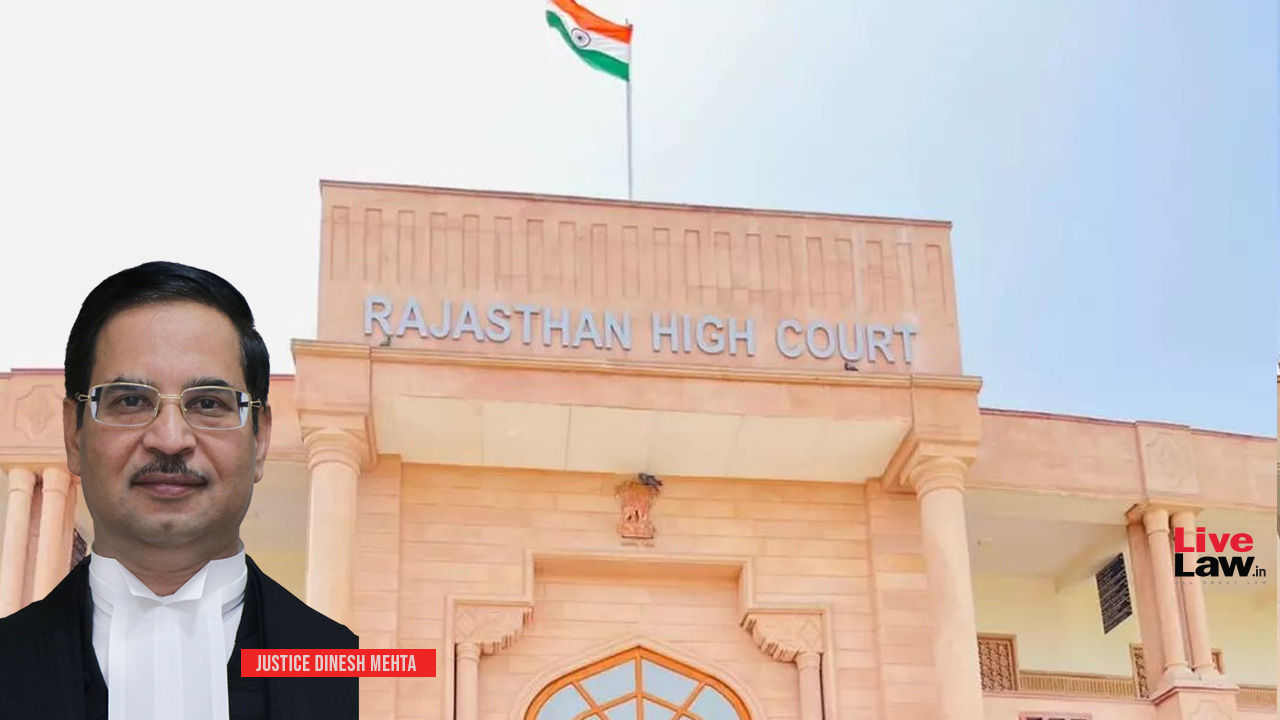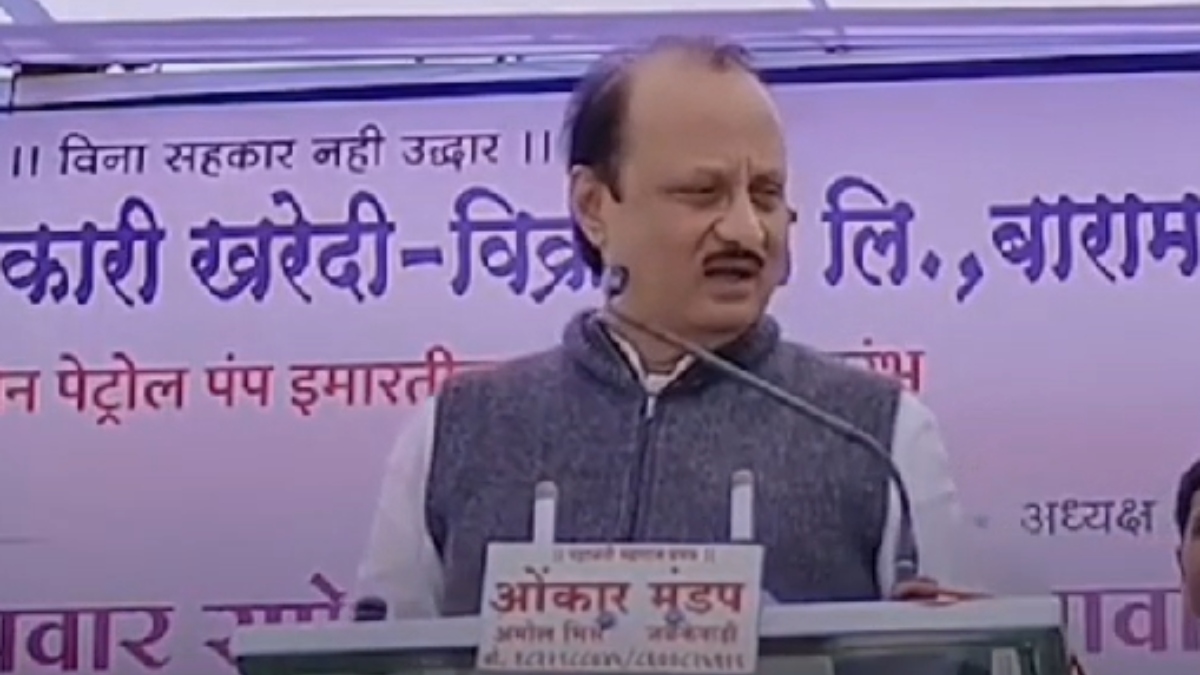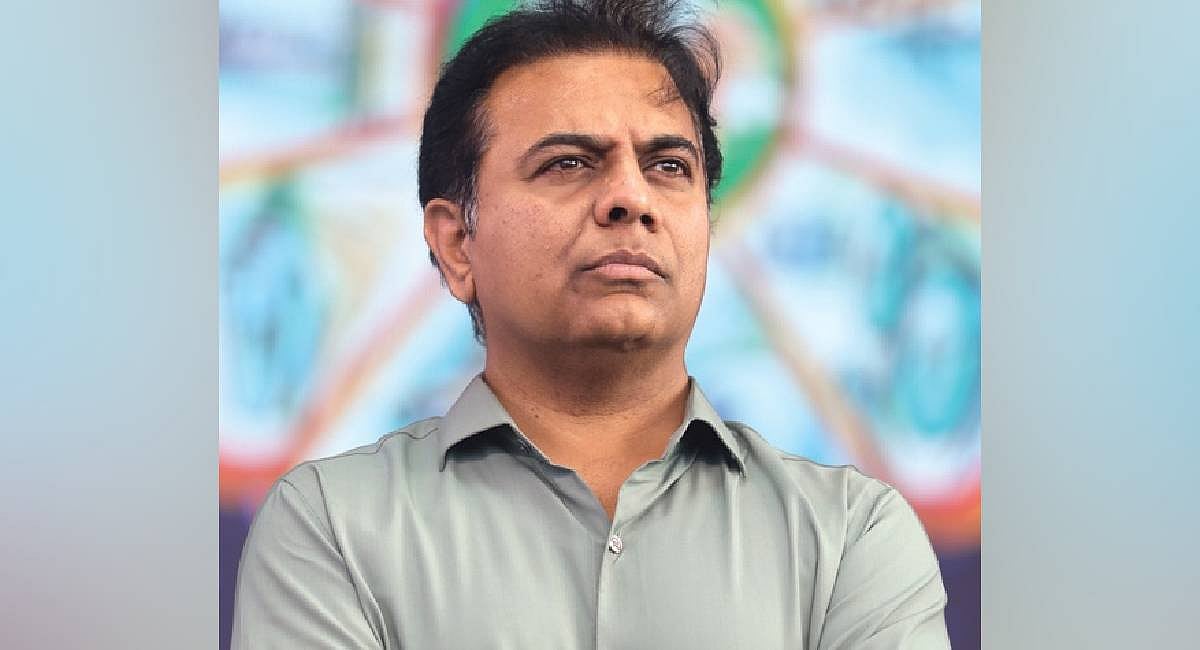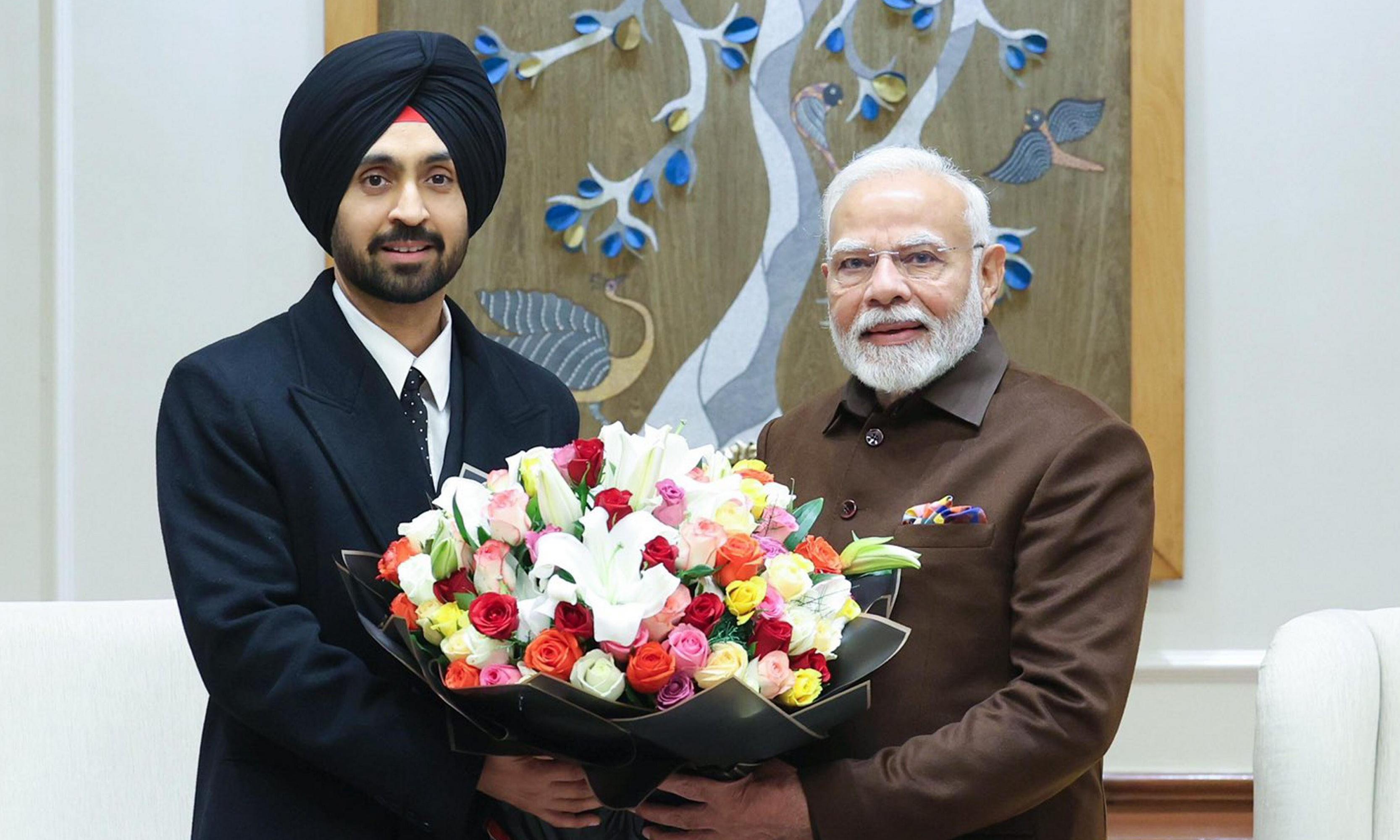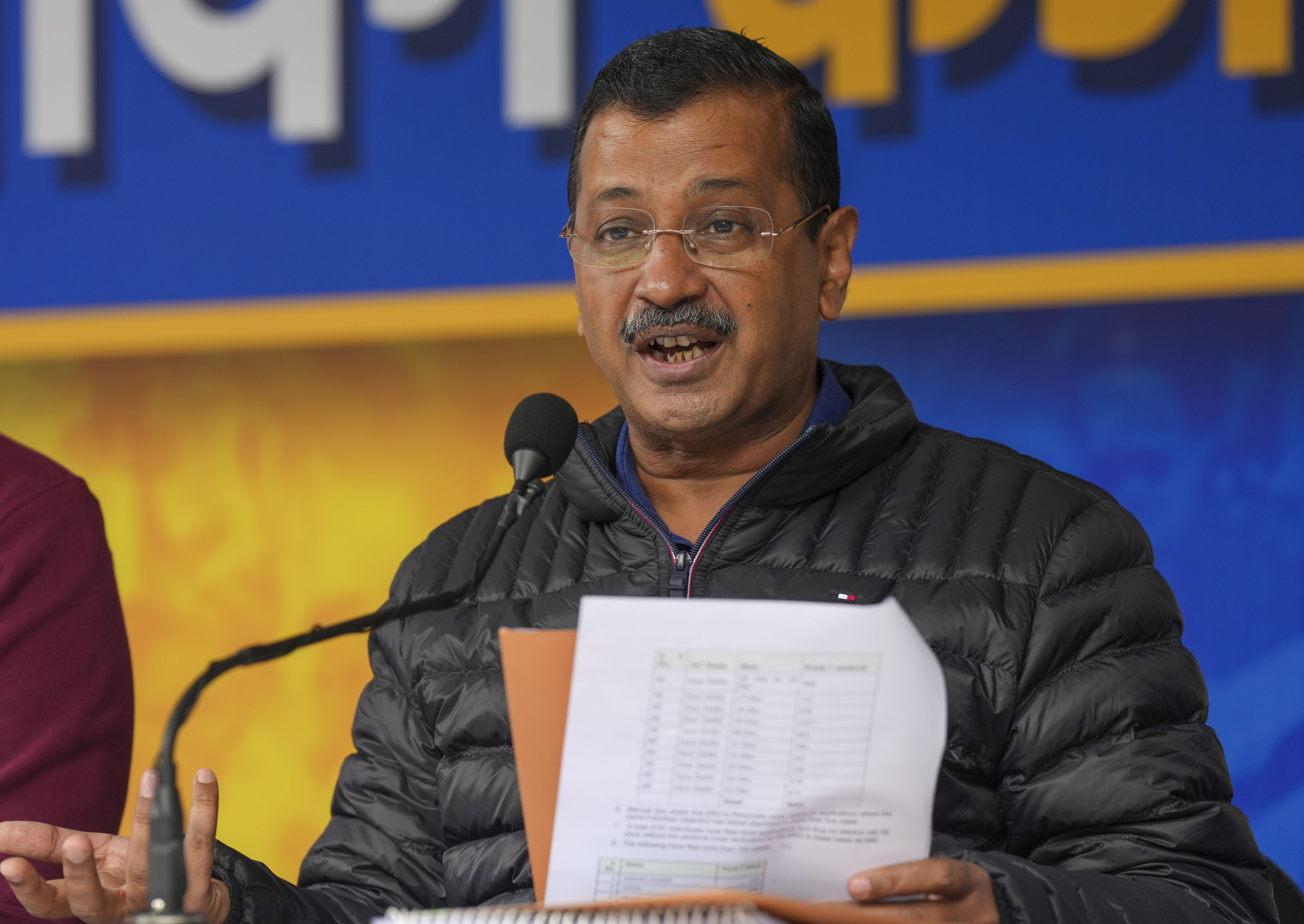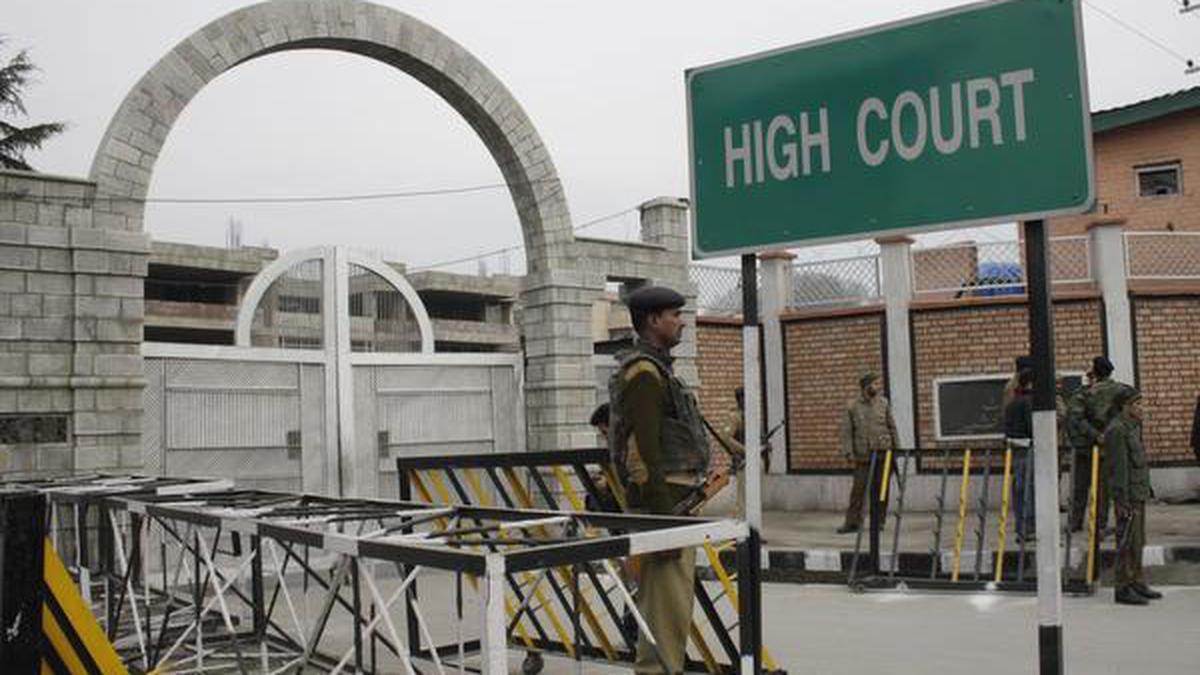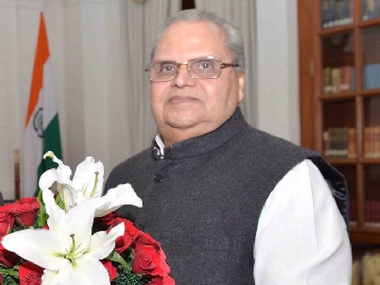)
Jammu and Kashmir Governor Satya Pal Malik has walked into legal minefield by dissolving Assembly already in suspended animation
FirstpostThe problem in Jammu and Kashmir is that the governor did not allow the alliance that claimed to have the numerical strength of more than 44 MLAs — the required strength in the Assembly to form the government — and prove its majority in the House, as is mandated by law. The political atmosphere in Jammu and Kashmir was charged up soon after Governor Satya Pal Malik dissolved the state Assembly after both the PDP-National Conference-Congress combine and the People’s Conference-led alliance approached him to stake a claim to form the government. In case of the failure of constitutional machinery in the state, Article 356 gives the President of India the authority to “make such incidental and consequential provisions” that appear to be “necessary or desirable”, including “provisions for suspending in whole or in part the operation of any provisions of this Constitution relating to anybody or authority in the state, provided that nothing in this clause shall authorise the president to assume to himself any of the powers vested in or exercisable by a high court, or to suspend in whole or in part the operation of any provision of this Constitution relating to high courts”. Article 356 also says: “The Proclamation shall cease to operate at the expiration of 30 days from the date on which the House of the People first sits after its reconstitution, unless before the expiration of the said period of 30 days, a resolution approving the Proclamation has been also passed by the House of the People.” The problem in Jammu and Kashmir is that the governor did not allow the alliance that claimed to have the numerical strength of more than 44 MLAs — the required strength in the Assembly to form the government — and prove its majority in the House, as is mandated by law. While overturning former Arunachal Pradesh governor Jyoti Prasad Rajkhowa’s decision to prepone the Assembly session, the Supreme Court, on 13 July, 2016, while referring to provisions under Article 163, had said: “Such exercise of independent judgment can only be questioned by way of judicial review.” The “independent judgment” it was referring to was of the state governor in this case.
History of this topic

Himachal Pradesh: Jairam Thakur reaches Raj Bhawan to meet Governor post RS poll
Live Mint
Rahul Gandhi, Satya Pal Malik vent frustration against Modi government in 28-minute-long interview
Op India
Morning brief: Sonia Gandhi calls Cong MPs' meet over Adhir Ranjan's Lok Sabha suspension; and all the latest news
Hindustan Times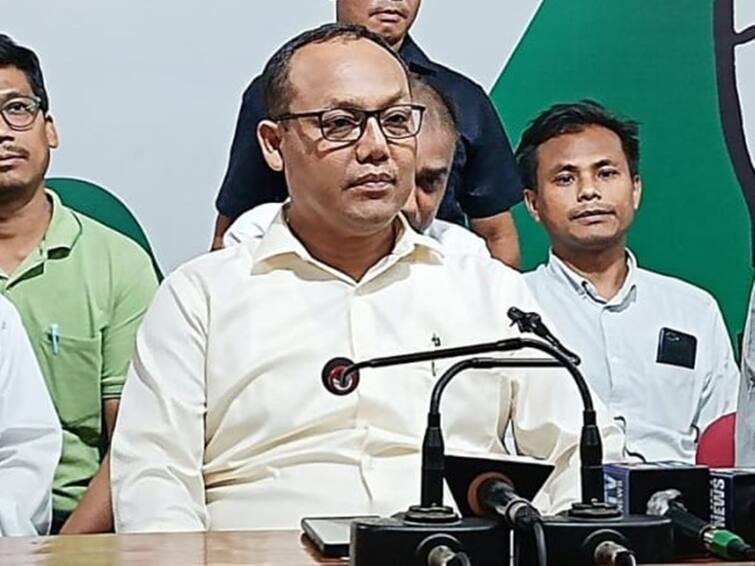
Rahul Gandhi Return To Parliament Will Bring Positive Changes In Manipur Congress Chief Keisham Meghachandra Modi Surname Case Supreme Court
ABP News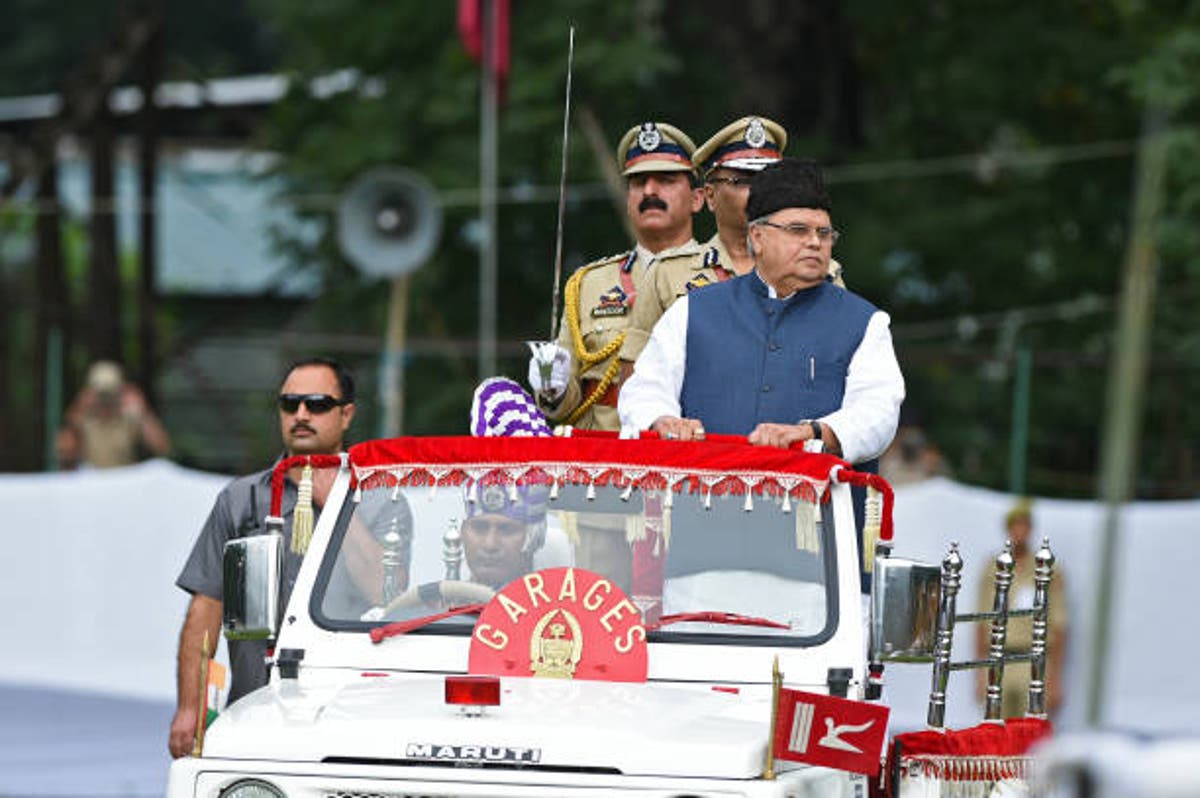
Satya Pal Malik: Pakistan says it is ‘vindicated’ by damning Modi claims from former Kashmir official
The Independent
CBI questions former J&K Governor Satya Pal Malik in Rs 300-crore bribery claim
India Today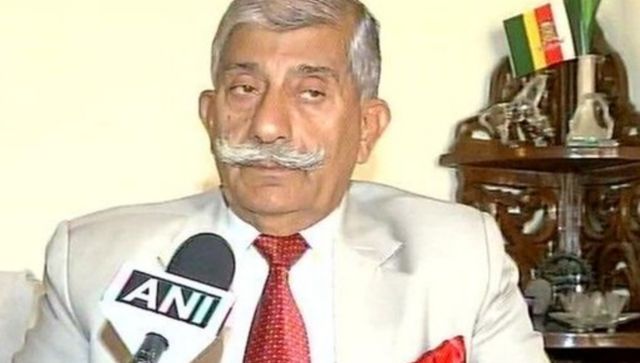)
Arunachal Governor BD Mishra gets additional charge of Meghalaya as Satya Pal Malik's term ends on 3 October
Firstpost)
Shiv Sena prepares to move SC if Governor asks Uddhav Thackeray to prove majority in floor test: The top 10 updates
FirstpostMeghalaya Governor Satya Pal Malik takes a dig again at BJP
The Hindu)
Jammu and Kashmir recommends CBI probe into ex-governor Satya Pal Malik's bribe allegation
FirstpostBJP refuses to respond to Satyapal Malik’s remarks
The Hindu
Curious case of Governor Satya Pal Malik's outbursts against BJP, Modi govt
India Today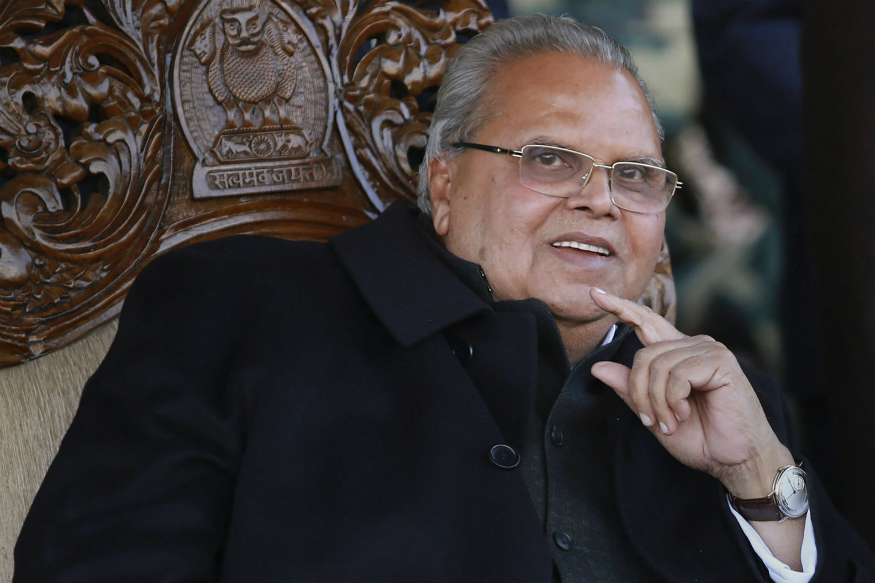)
Satya Pal Malik Appointed Meghalaya Governor, to Replace Tathagata Roy
News 18
A Governor’s test: The Hindu Editorial on convening Rajasthan Assembly
The Hindu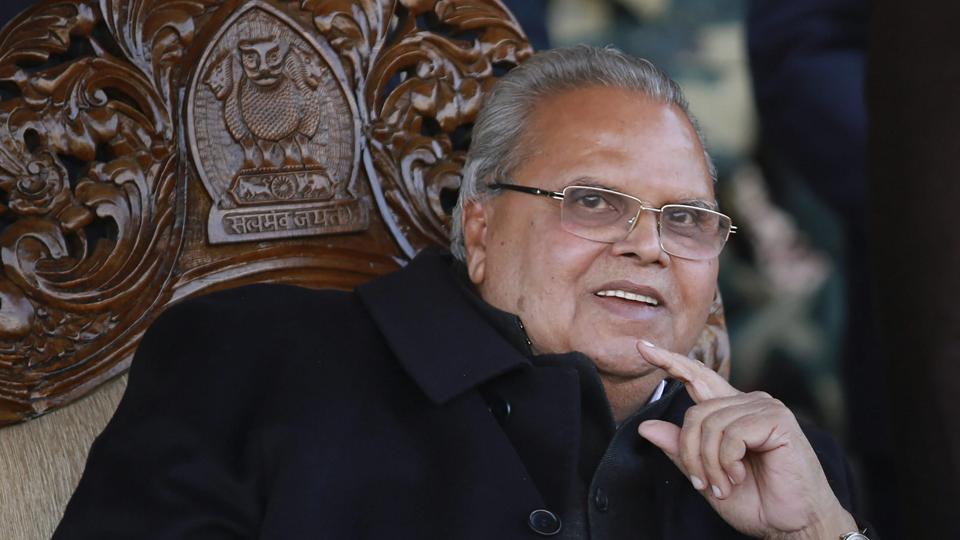
Abdullahs, Muftis no more relevant in Jammu and Kashmir: Ex-Governor Malik
India TV News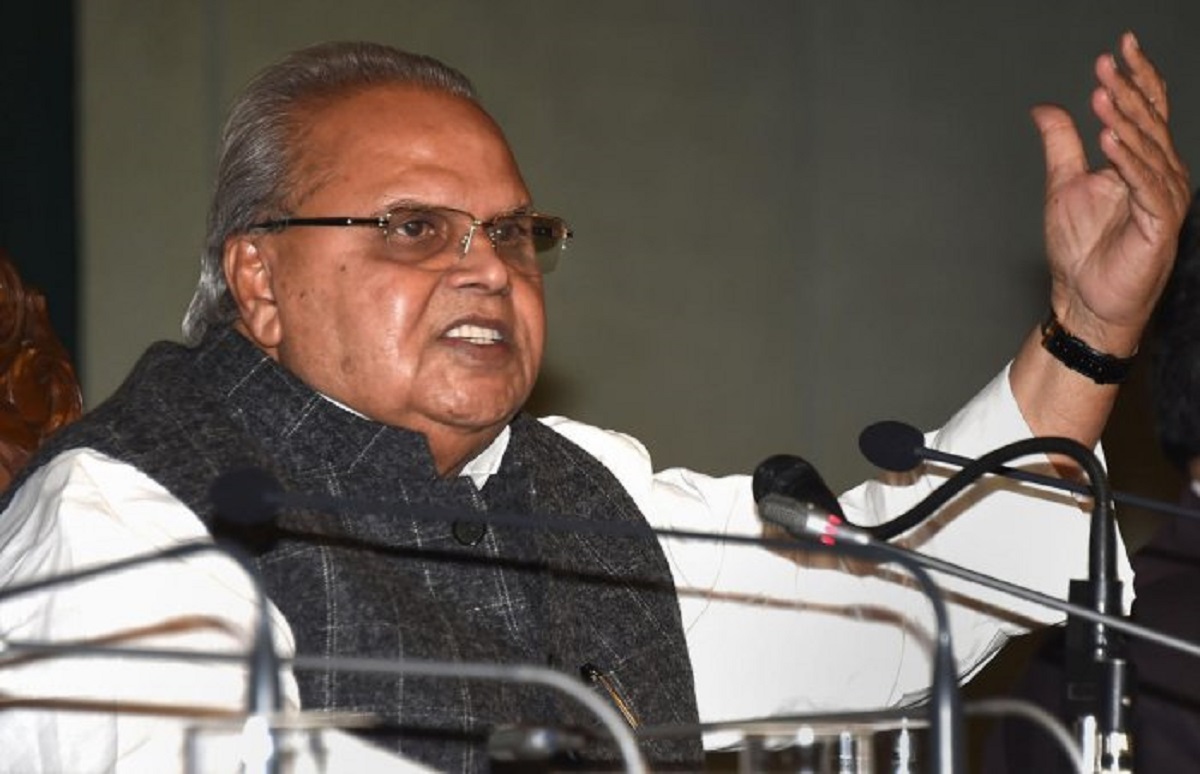
I am still suffering from Kashmir hangover: Satya Pal Malik
India TV News)
Jammu and Kashmir L-G Girish Chandra Murmu hints at state Assembly polls, says election process to begin 'soon'
Firstpost)
Shiv Sena accuses Maharashtra Governor of 'malafide' action: Bhagat Singh Koshyari joins list of controversial governors appointed by Narendra Modi govt
Firstpost)
Satya Pal Malik likely to become J&K L-G: Governor prescribed President's Rule in state, defended 'blackout' after Article 370 revocation
Firstpost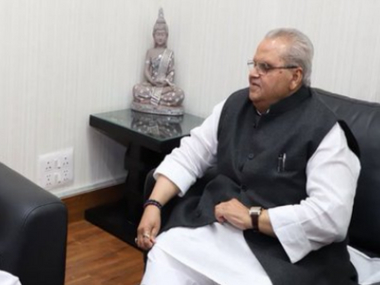)
Satya Pal Malik likely to become first Lieutenant Governor of Jammu and Kashmir, Ladakh, say reports
Firstpost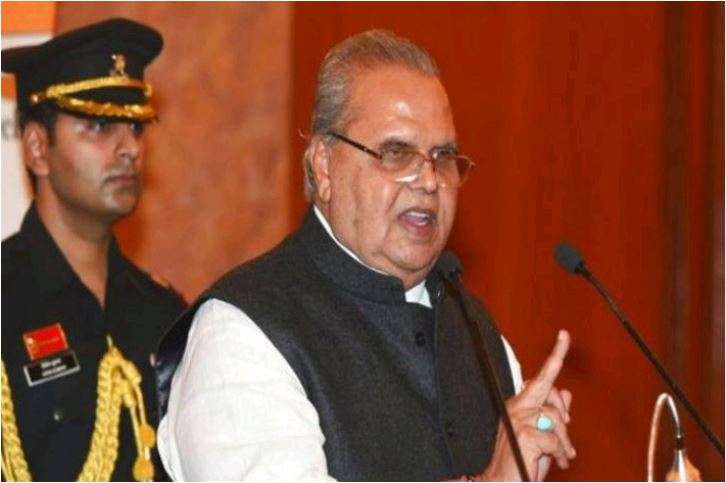
Rahul Gandhi behaved like political juvenile on J&K: Governor Satya Pal Malik
India TV News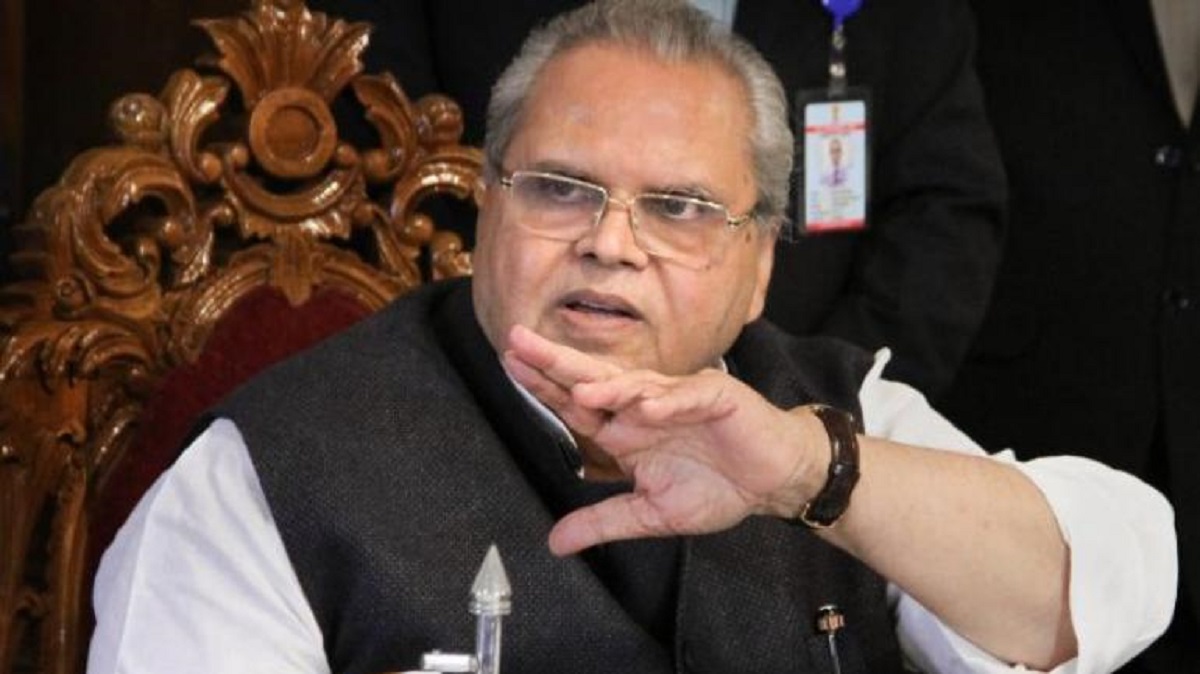
Governor Satya Pal Malik says 50,000 to be hired for govt jobs in J&K
India TV News
Longer Kashmiri leaders remain jailed, better for their political career: Satya Pal Malik
India Today
J&K governor's invite to Rahul Gandhi was never sincere, only propaganda tool: P Chidambaram
India Today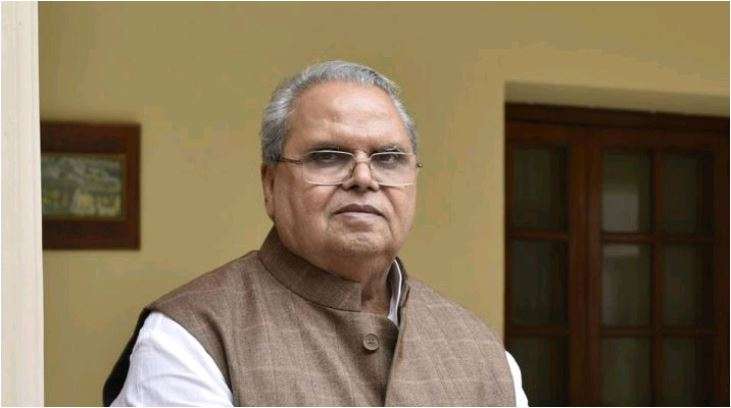
Rahul Gandhi trying create unrest by seeking to bring opposition leaders on J&K visit: Governor
India TV News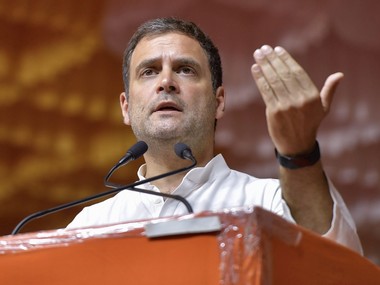)
'Need freedom to travel and meet locals, not an aircraft'; Rahul Gandhi 'takes up' Governor Satya Pal Malik's offer to facilitate Kashmir visit
Firstpost
Invite all-party delegation to Kashmir, Shashi Tharoor asks J&K guv on special invite for Rahul
India Today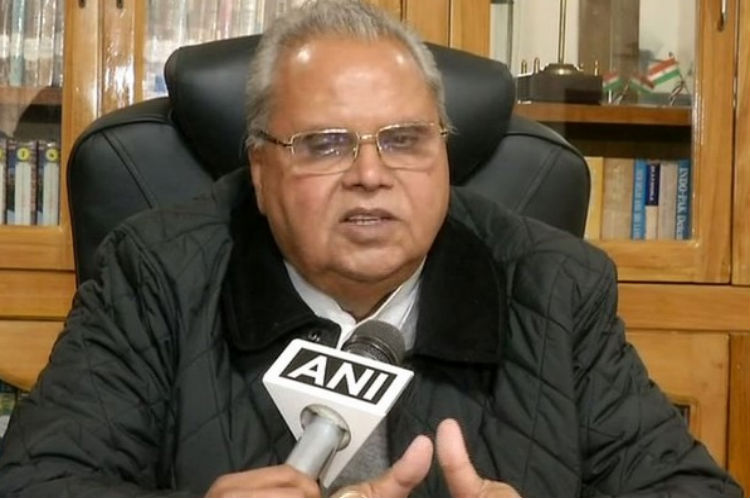
He is a political juvenile: J&K Governor Satya Pal Malik hits back at Omar Abdullah
India TV News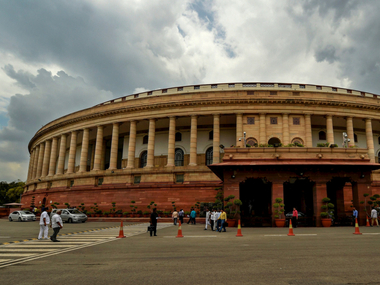)
Parliament updates: Kashmir governor told us no party is ready to form govt, hence President Rule, says Rajnath Singh in Lok Sabha
Firstpost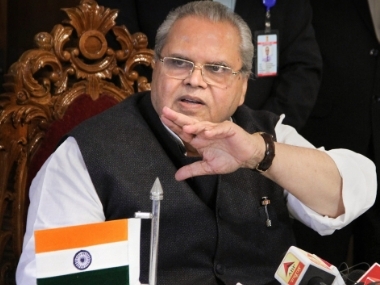)
J&K governor Satya Pal Malik's revelations reiterate vulnerability of state heads, indicate their difficulty in rejecting central power play
Firstpost)
Facing 'threat of transfer', J&K governor Satya Pal Malik takes his case to public, banks on Jat roots to keep BJP onside
Firstpost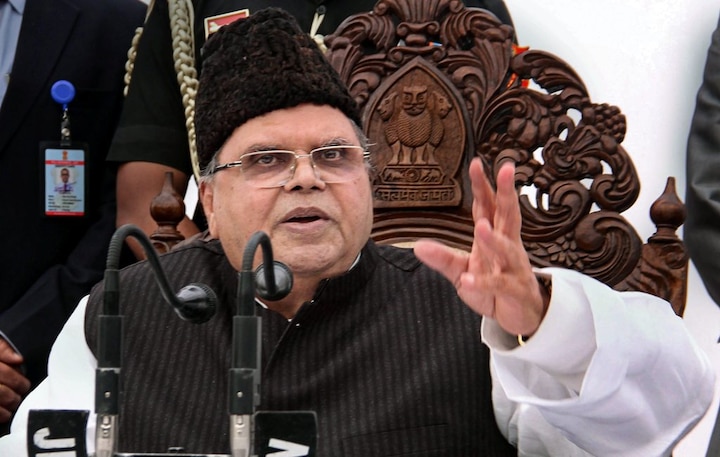
JK Governor Satya Pal Malik says Delhi wanted him to install Sajad Lone as CM
ABP News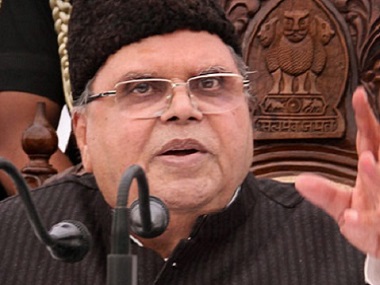)
J&K governor citing 'opposing political ideologies' as reason to dissolve Assembly needs more than a situational analysis
Firstpost)
Satya Pal Malik may have dissolved J&K Assembly guided by parties' claims of intimidation, recent gains on security front
Firstpost)
BJP won’t be too unhappy with developments in J&K, but Governor Satya Pal Malik has dented its moral halo
Firstpost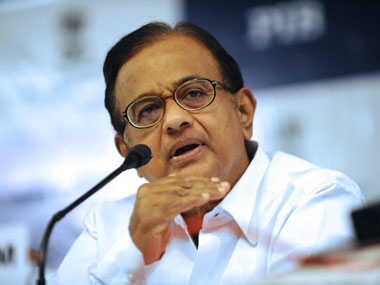)
Only Gujarat model, not parliamentary democracy appeals to BJP-appointed Governor Satya Pal Malik, says P Chidambaram
Firstpost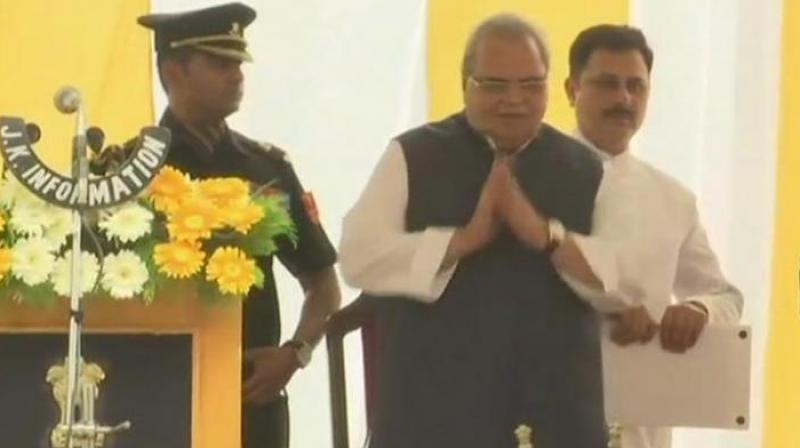
Why did J&K Governor Satya Pal Malik dissolve House? Here's why.
Deccan Chronicle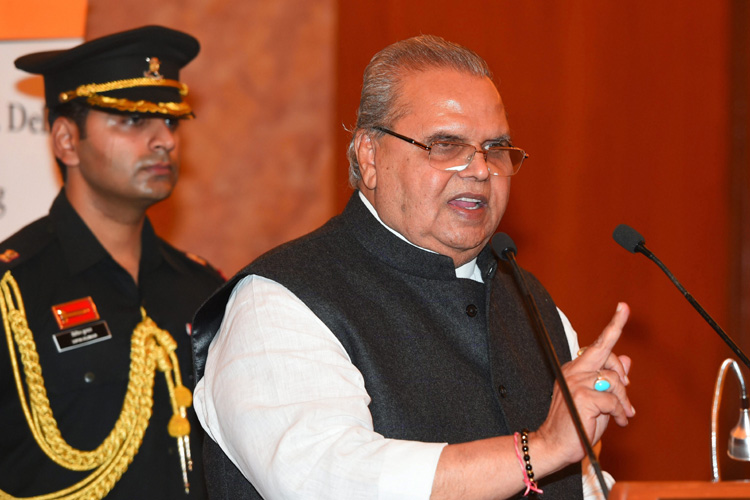
Jammu and Kashmir: Dissolved House to prevent horse trading, says Governor Malik; fresh polls best option, says BJP
India TV News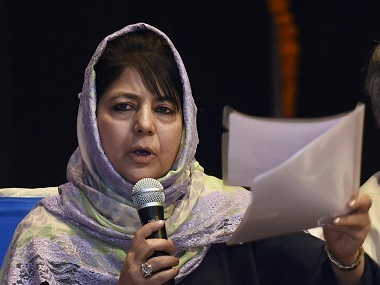)
Governor Satya Pal Malik dissolves J&K Assembly, scuppers PDP-NC-Congress; Sajjad Lone bids to form govt
Firstpost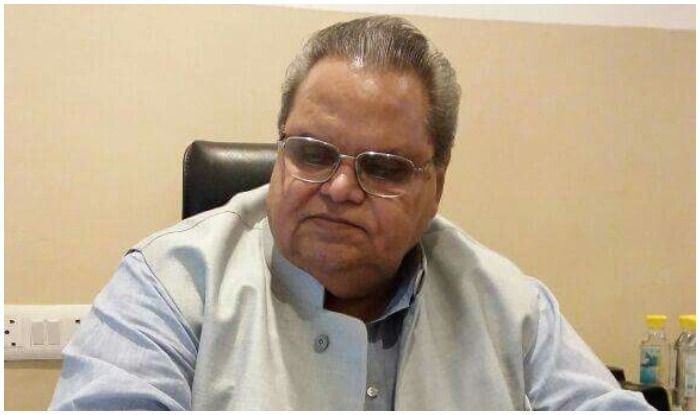
Jammu and Kashmir: Governor dissolves Assembly after Mehbooba, Sajjad Lone seek to form govt in state
India TV News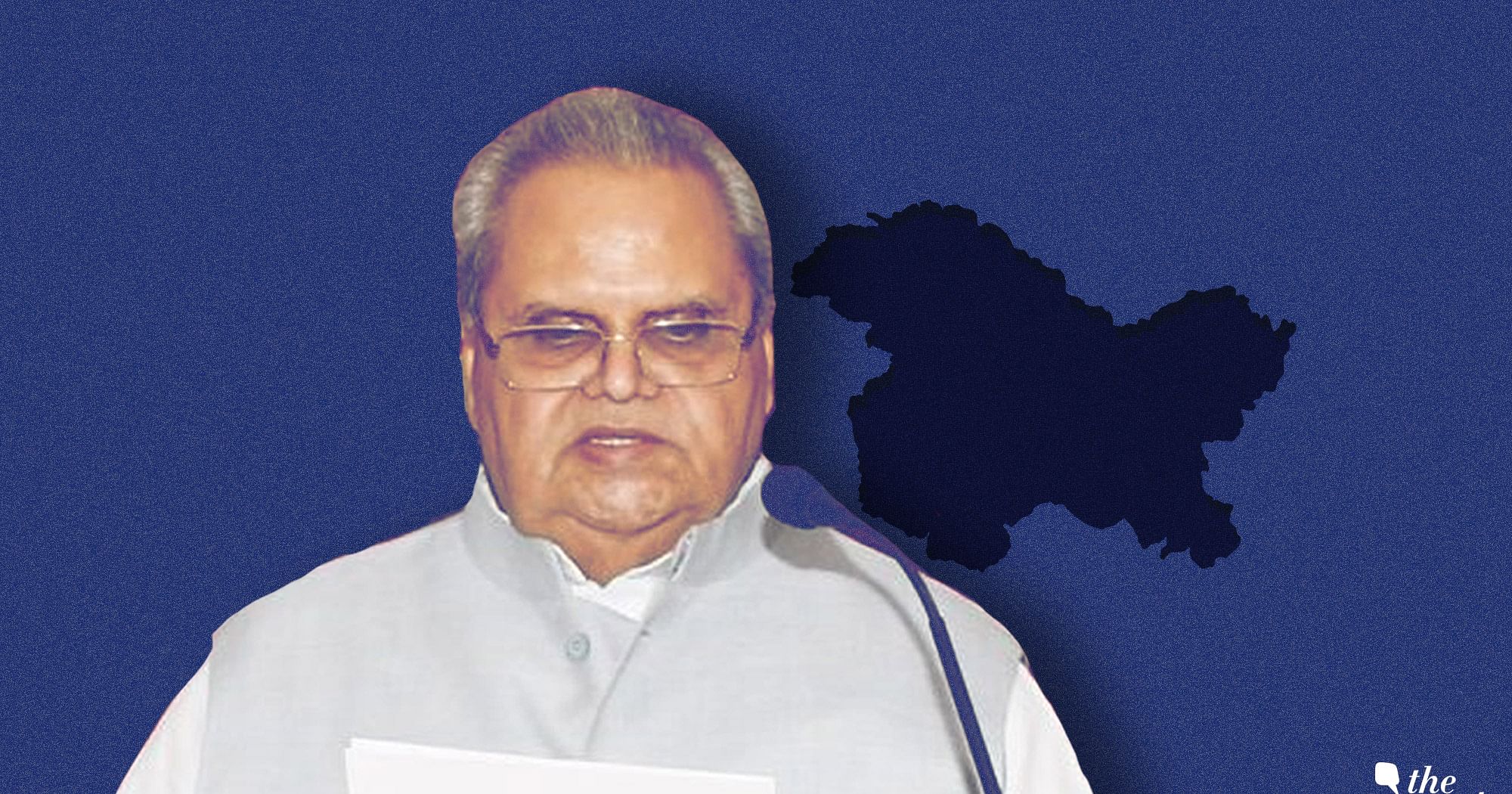
Can a Career Politician from UP Be an Effective J&K Governor?
The Quint)
Satya Pal Malik replaces NN Vohra as Jammu and Kashmir governor; Tathagata Roy appointed Meghalaya governor
Firstpost)
Jammu and Kashmir parties slam Governor NN Vohra for delaying Assembly elections but clearing decks for panchayat polls
Firstpost)
Governor's Rule hasn't had a good track record in Jammu and Kashmir, but citizens expect NN Vohra to turn things around
Firstpost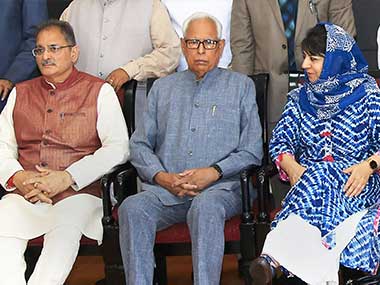)
Governor's Rule in Jammu and Kashmir: NN Vohra draws flak for keeping Assembly under suspended animation
Firstpost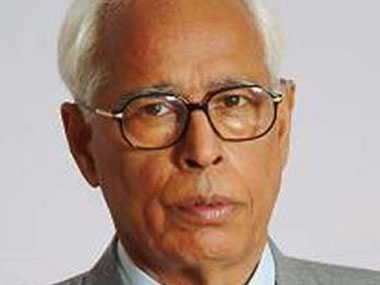)
Governor’s Rule in Jammu and Kashmir: For many, NN Vohra taking over reins of administration is reason to rejoice
FirstpostDiscover Related
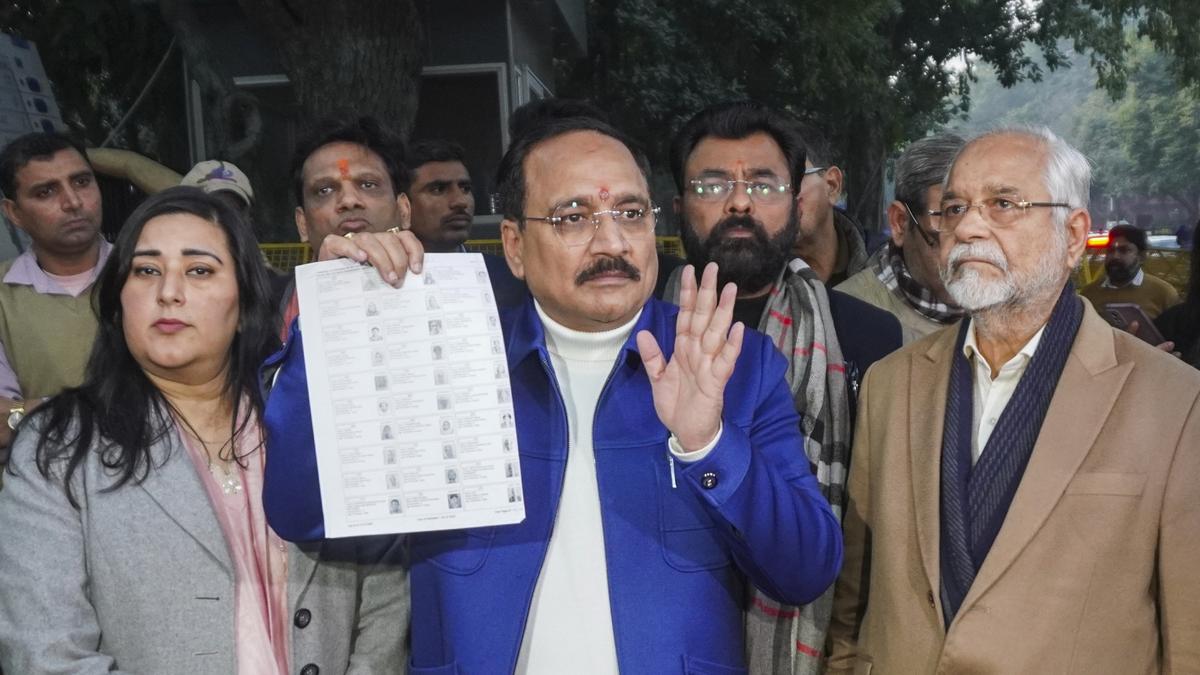
)

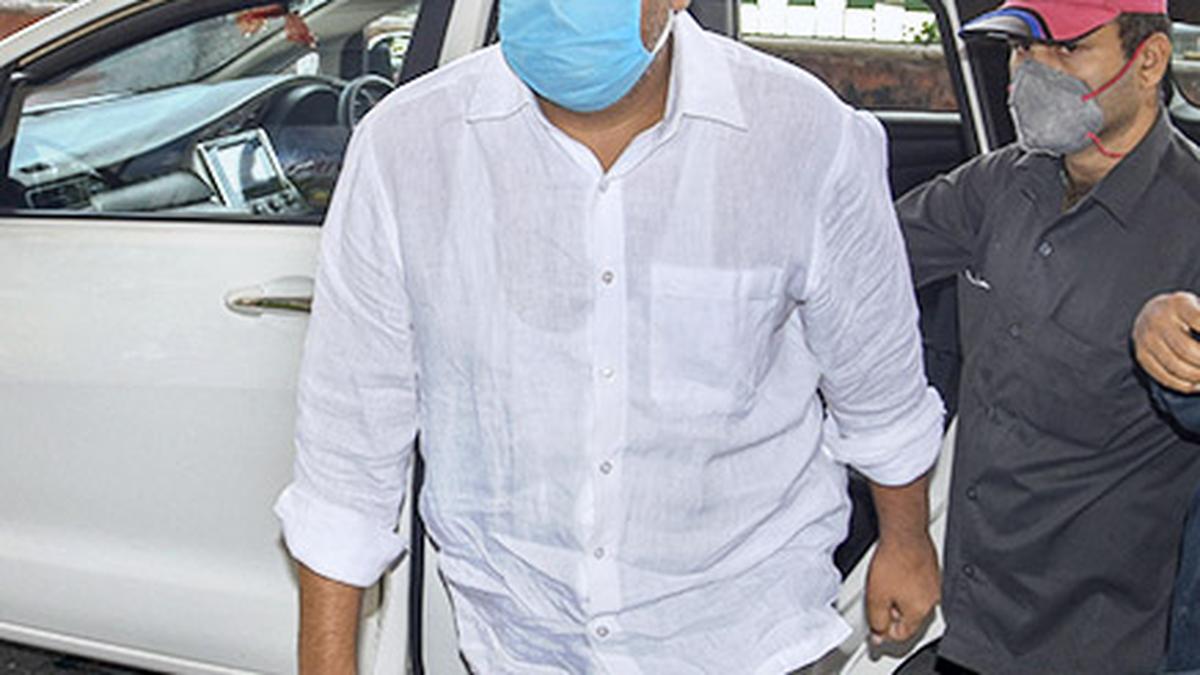
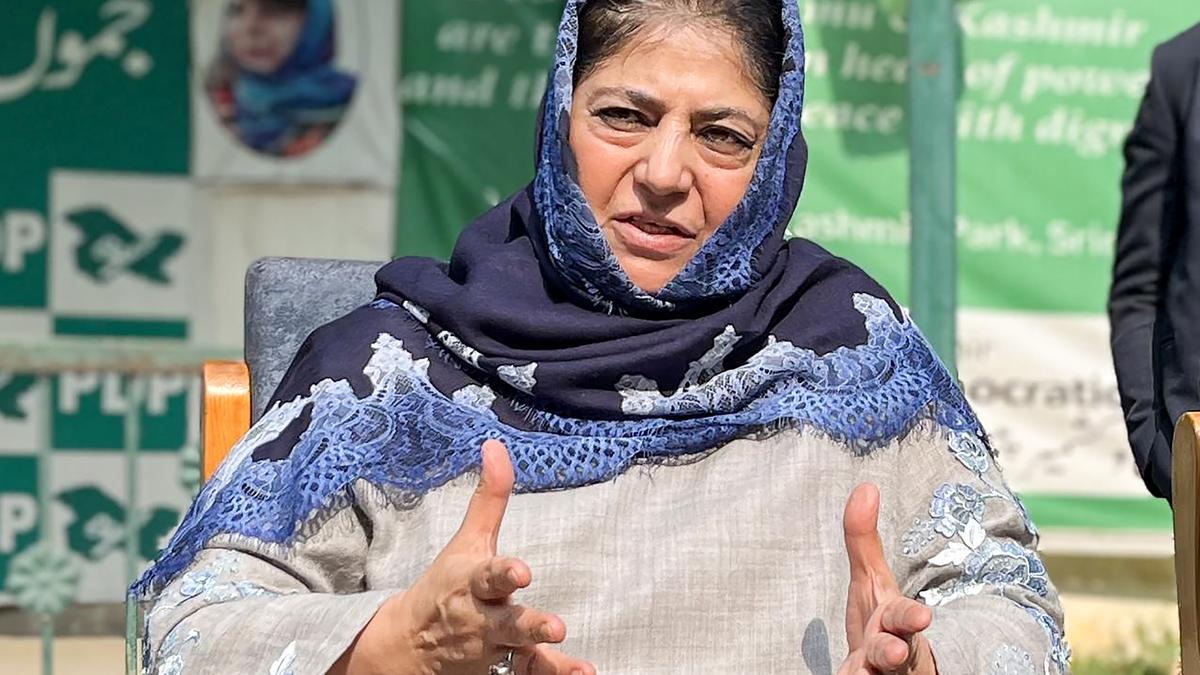
)
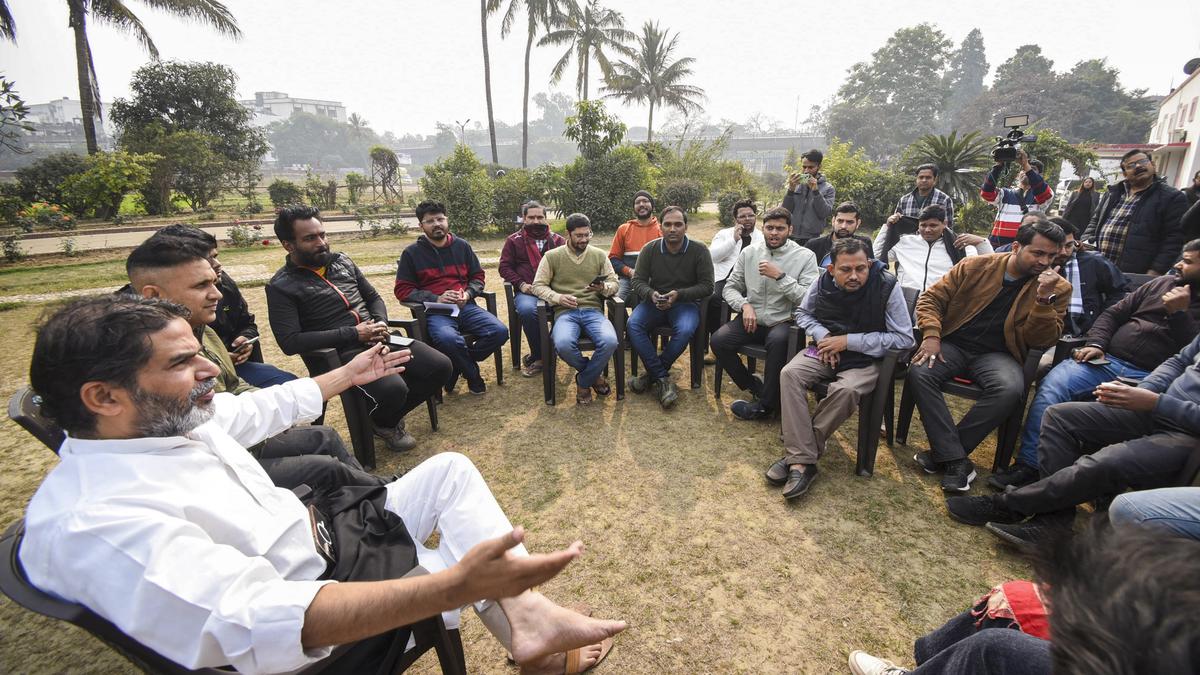
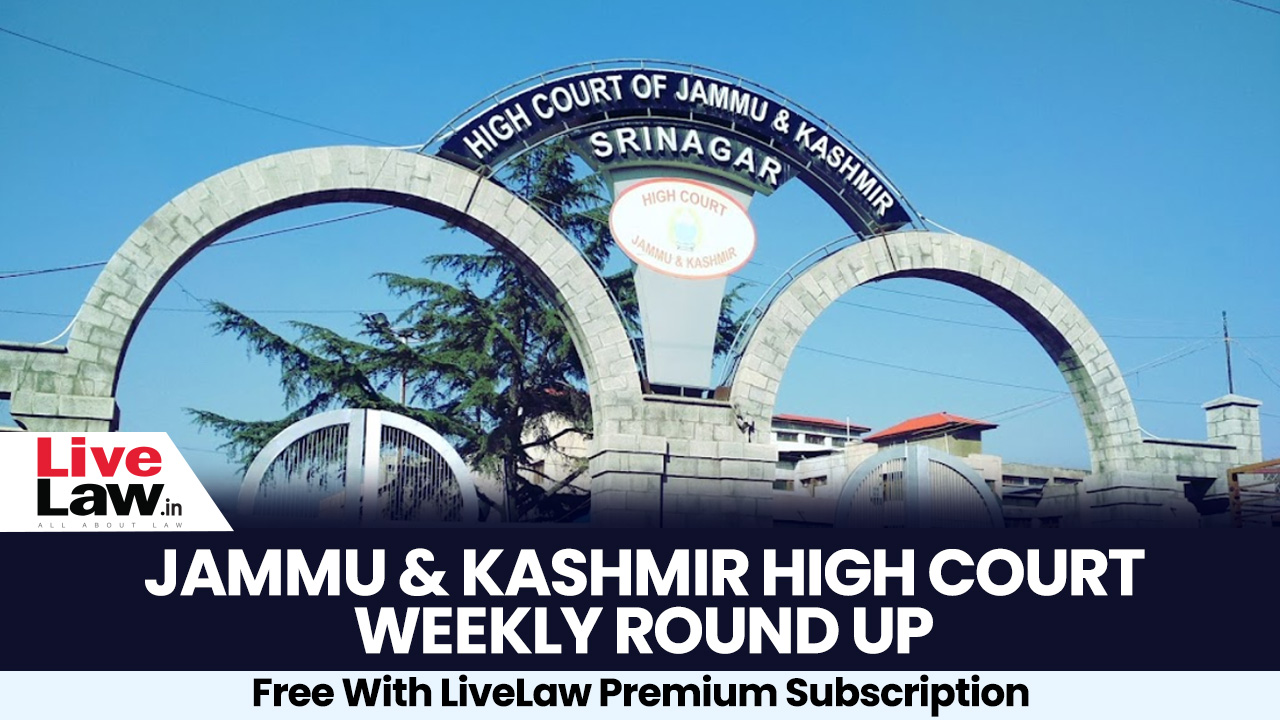


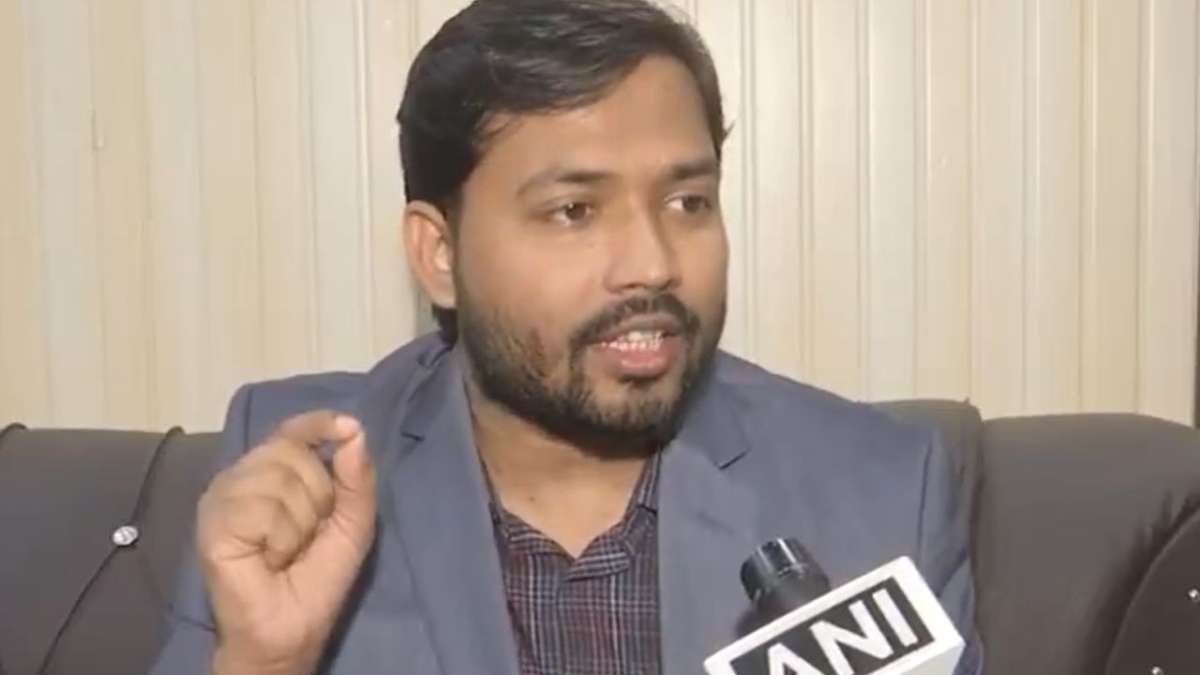

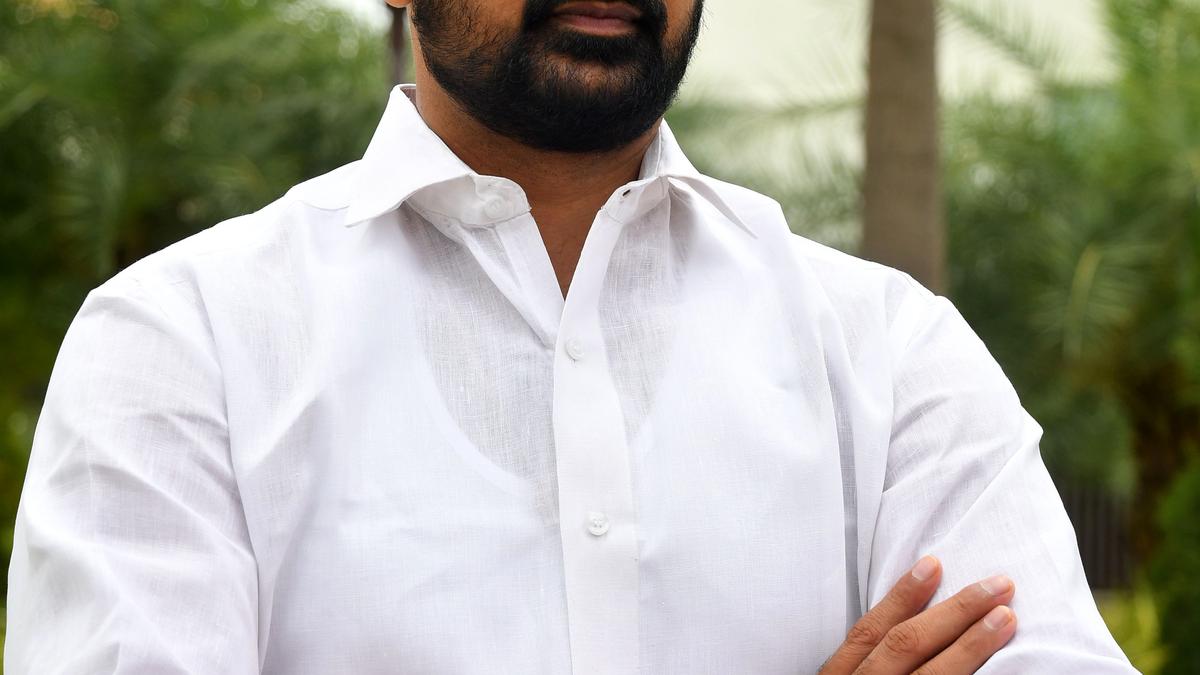
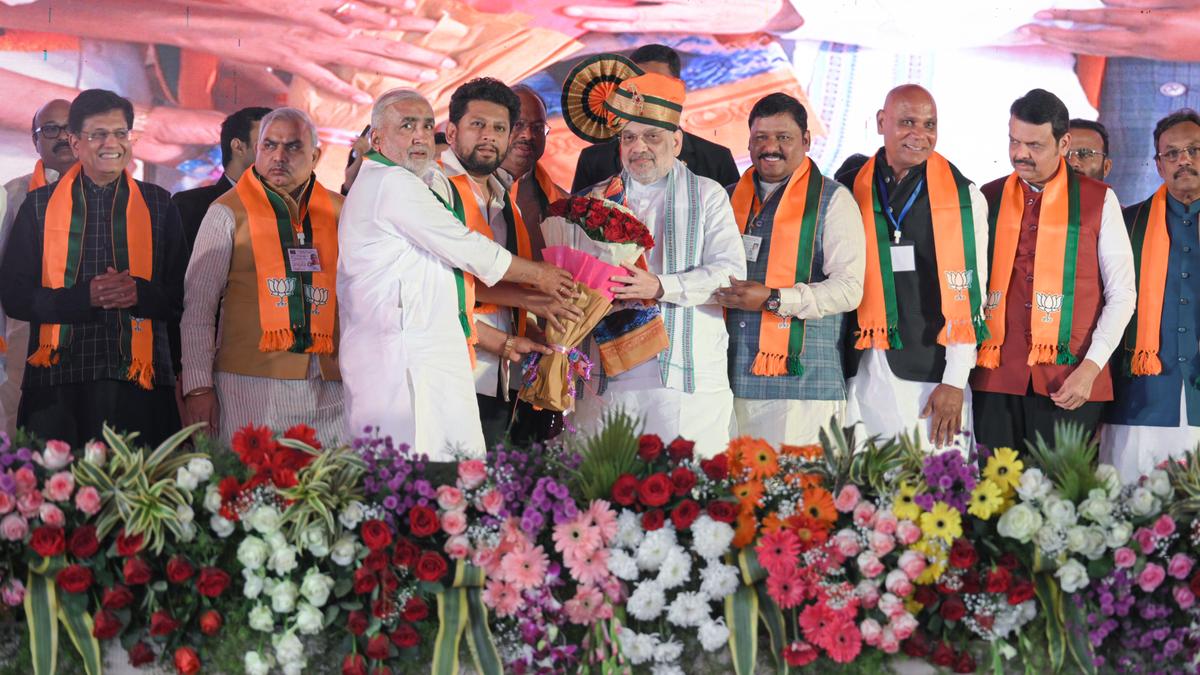
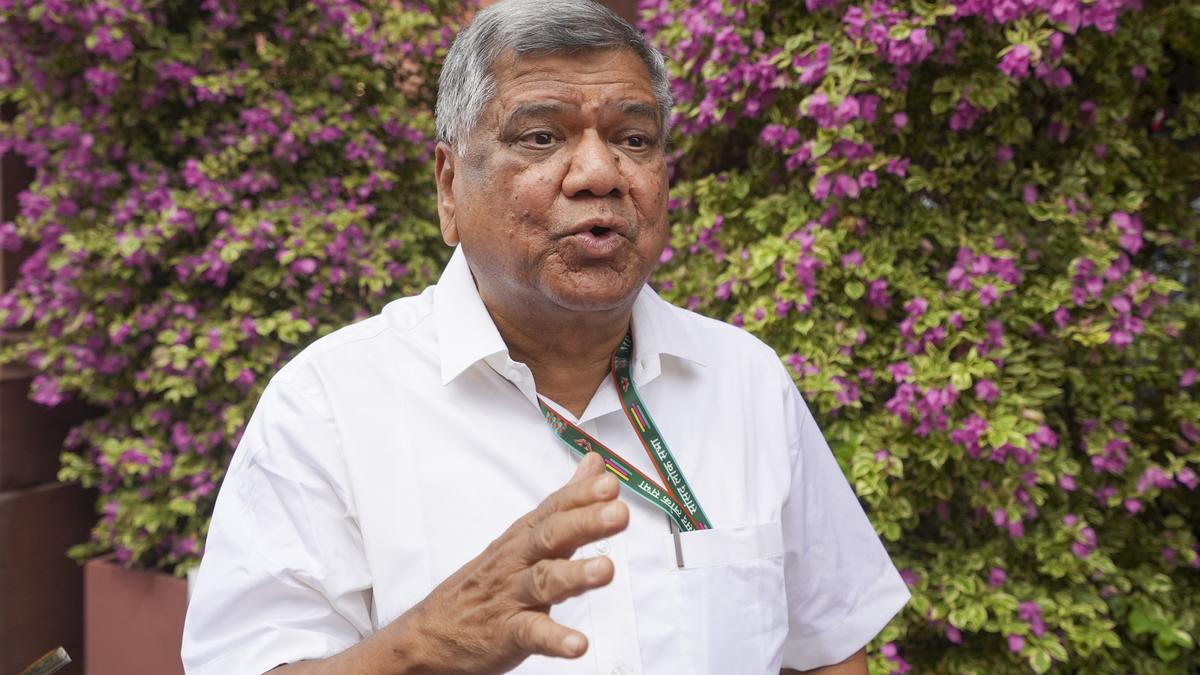
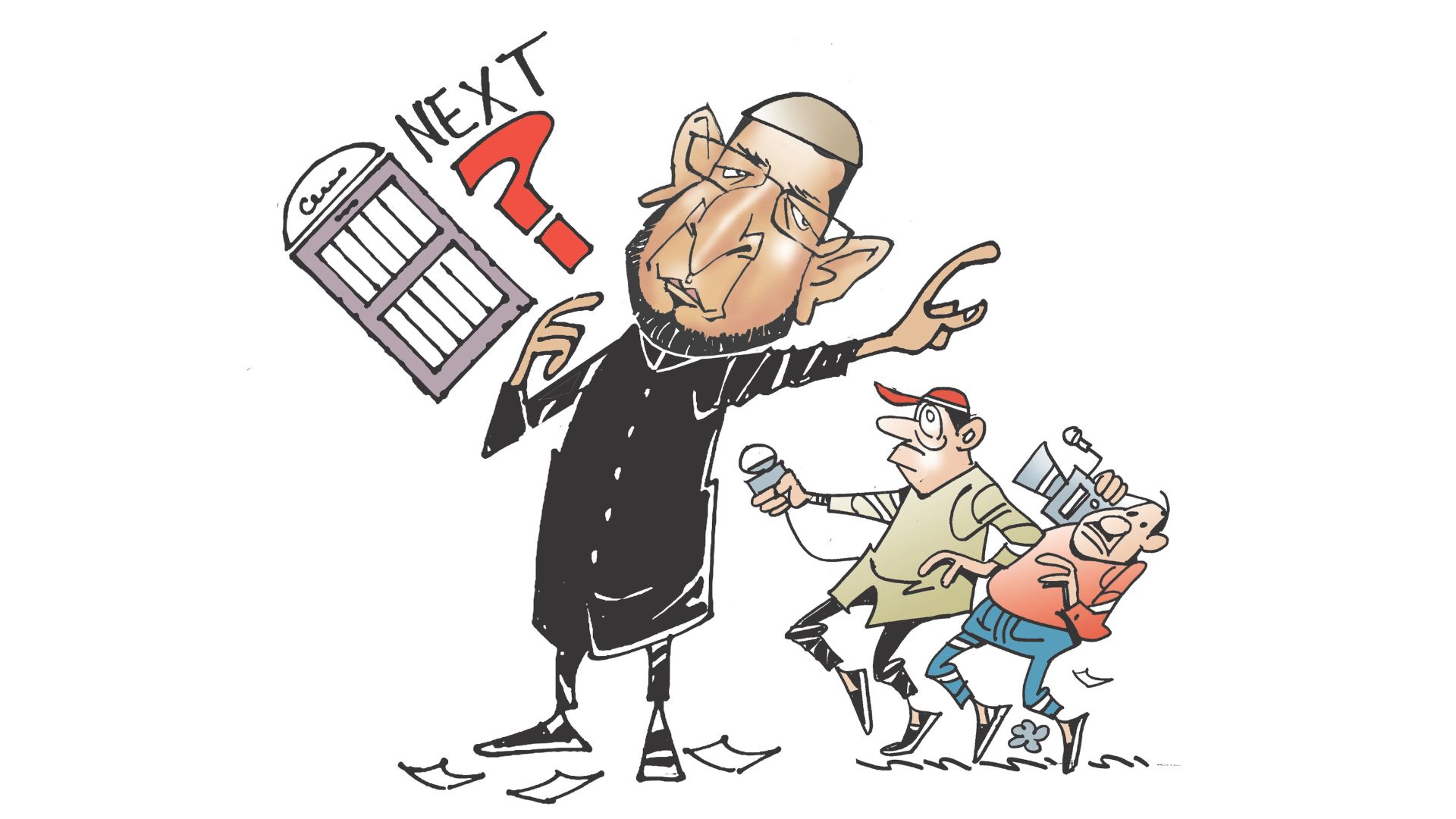
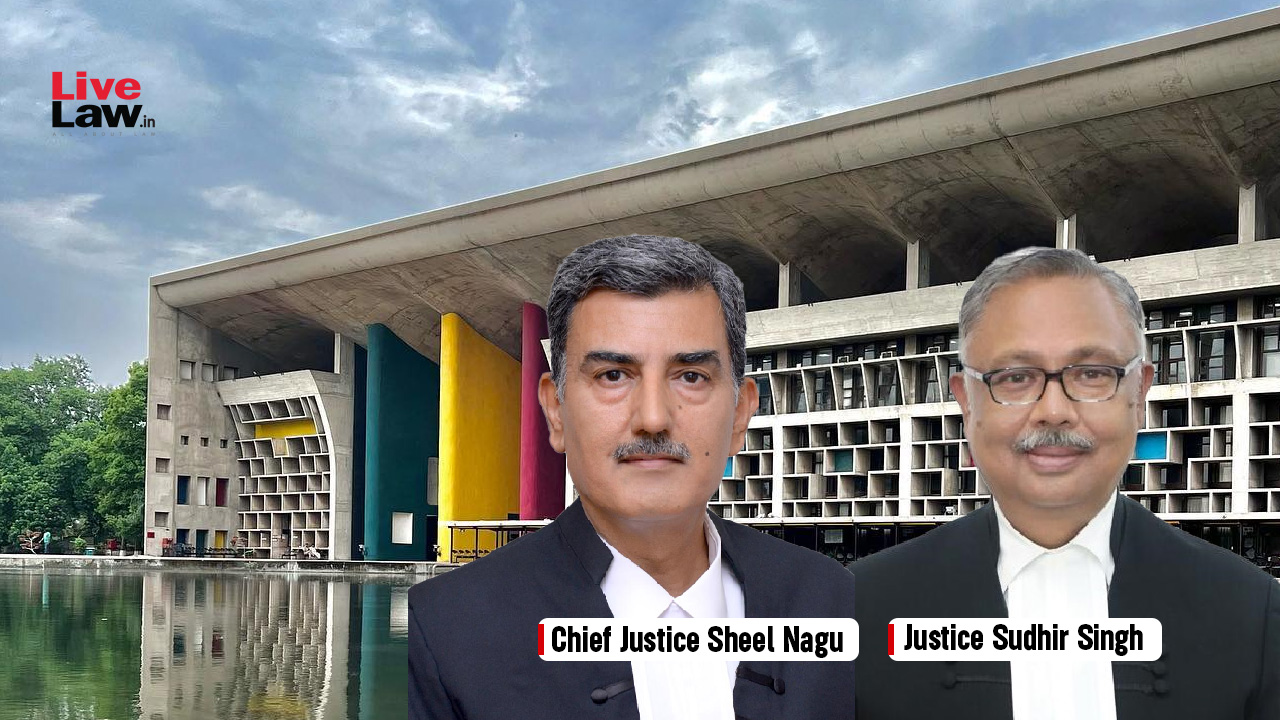

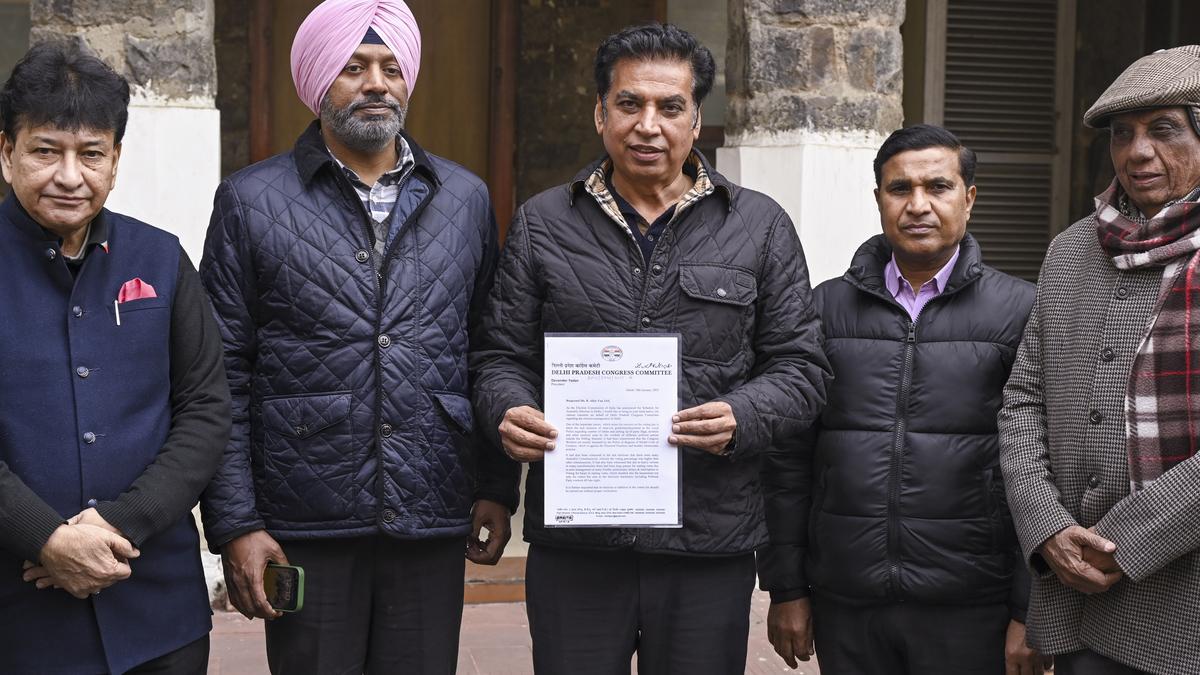


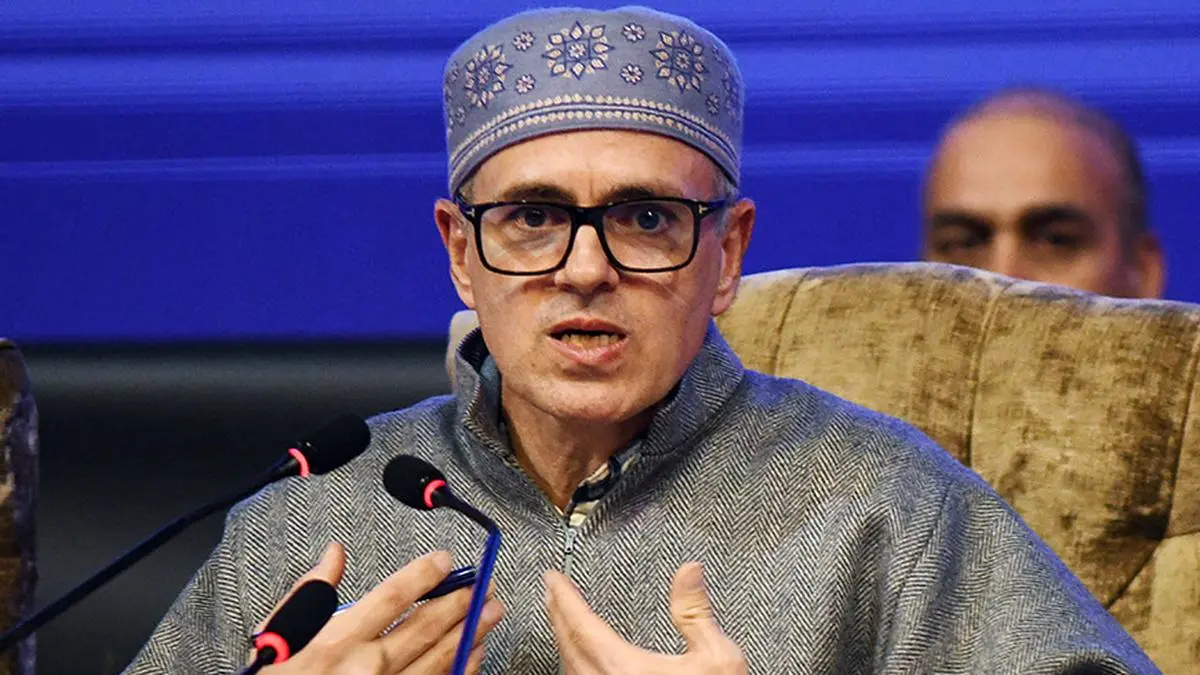
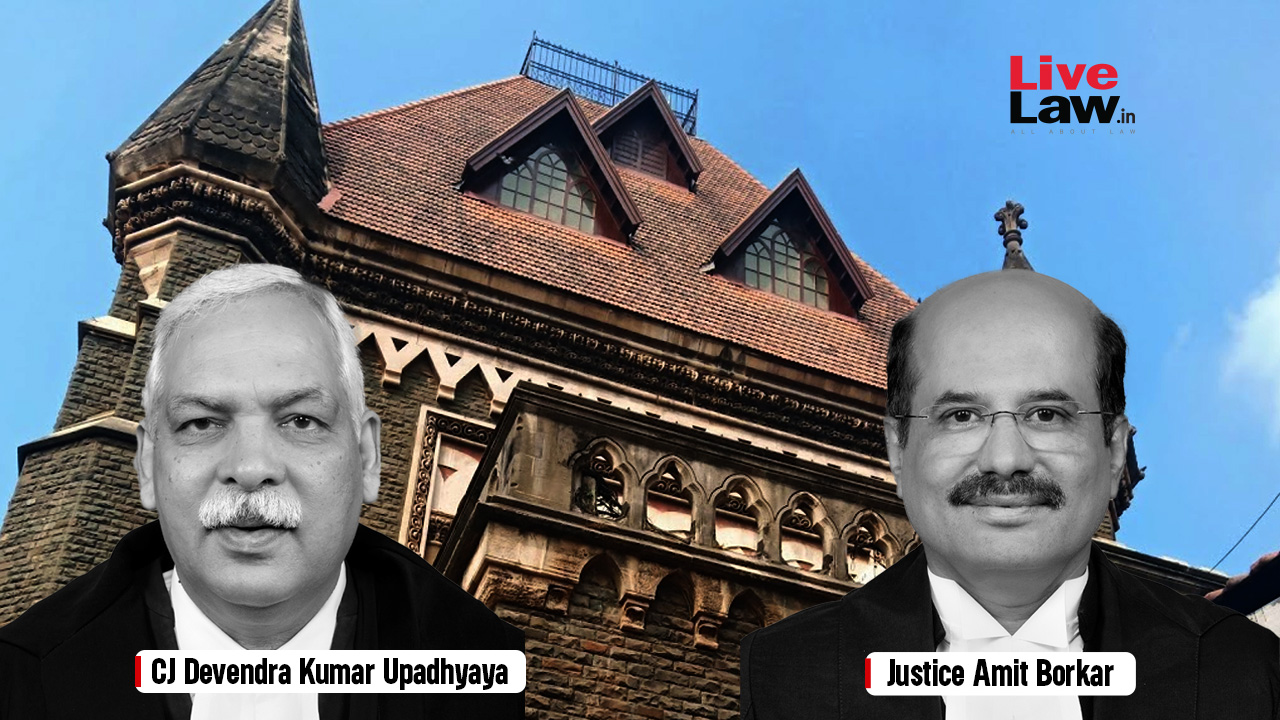
![Jammu & Kashmir And Ladakh High Court Annual Digest: Part II Citation [ 175 - 356]](https://www.livelaw.in/h-upload/2024/12/29/578797-1500x900577411-jammu-and-kashmir-high-court-annual-digest-2024.jpg)
